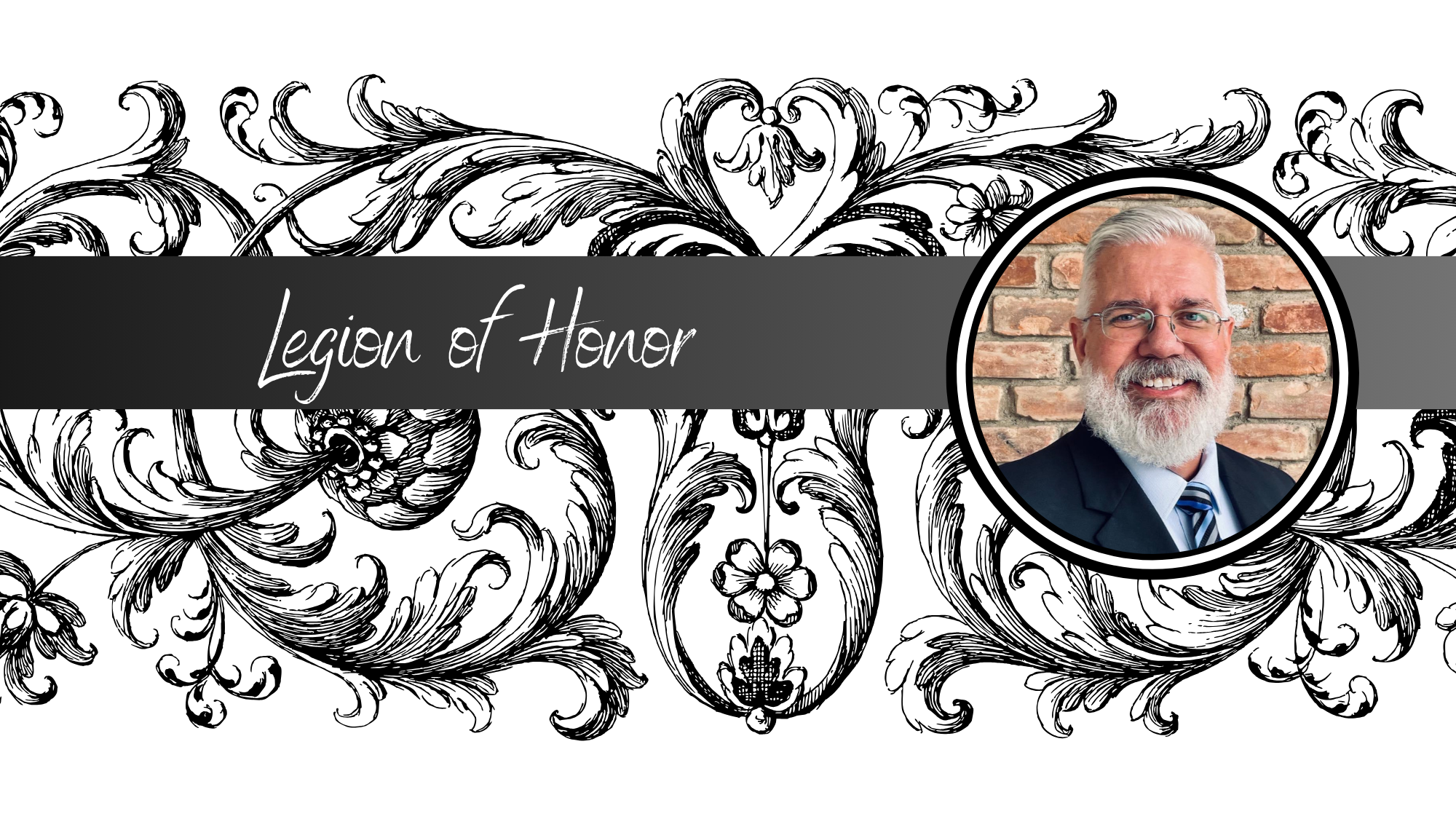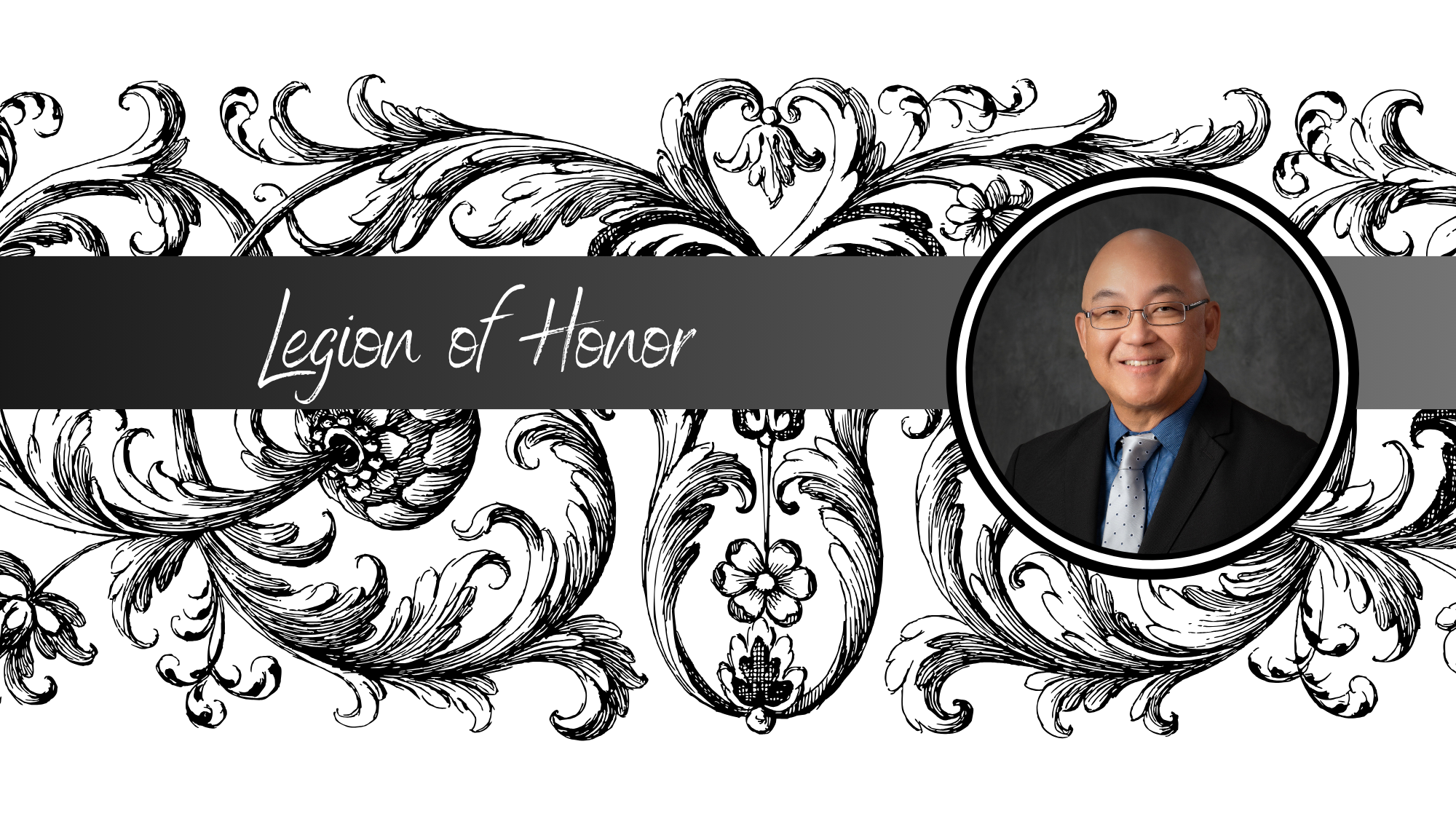A Special Award of
The John Philip Sousa Foundation

Cathi Leibinger teaches middle school band at Ransom Everglades School in Miami, Florida. In her 25 years there, she taught beginning band, concert band, symphonic band, jazz band, guitar, and general/world music. Cathi has also served as seventh grade dean and performing arts coordinator. Before coming to Ransom Everglades School, she taught at Palmetto Middle School and Thomas Jefferson Middle School, both in Miami.
Since 2010, her ensembles at Ransom Everglades School have consistently received excellent and superior ratings in the Florida Bandmasters Association District Evaluations.
Leibinger holds a Master’s degree in non-profit management, as well as her Bachelor of Music in Education from Millikin University and her Master of Science in Music Education from The American Band College of Southern Oregon University.
As a member of the Florida Bandmasters Association, Cathi has been District Secretary, District Chair (multiple terms) Middle School/Junior High Representative, President-Elect, President, Past President, Summer Professional Development Conference Coordinator. She has served on the executive board of the Florida Music Education Association and the Florida School Music Association.
- The Bandworld Legion of Honor was established in 1989 to honor, over the course of a year, eight of the finest band directors in our business.
- Recipients have taught for at least fifteen years, have maintained a very high-quality concert band program, and have contributed significantly to the profession through dedication to bands and band music.
- Each is honored at the annual Sousa Foundation awards ceremony during the Midwest Band Clinic in Chicago, Illinois.
- Chairman of the Legion of Honor Committee is Terry Austin, Virginia Commonwealth University.
When asked what factors do you consider most important in shaping your career, Cathi states, “As I reflect on my career as a music educator, I consider the legacy I want to leave and the accomplishments I cherish. While many pursue high ratings, peer recognition, or national performances, I’ve found deeper fulfillment in serving others and mentoring the next generation of educators.
“Mentorship has been the most influential factor in my career. Moving from Illinois to Florida in 1989, I knew no one in the state’s music education community. This allowed me to choose mentors based on their character rather than reputation or ensemble ratings. I gravitated toward servant leaders who prioritized teaching and collaboration, shaping my own approach as I now mentor new educators.
“Over my 36-year career, I’ve taught at three Miami schools. I began in a Title I inner-city school with students eager to be part of something special, despite limited resources. We built a program known for excellence in both performance and culture. I then transitioned to a middle-class public school with better financial support but an overwhelming workload—teaching band, orchestra, and chorus—leading me to the brink of burnout. For the past 25 years, I’ve taught in a private college-prep school. These diverse experiences allow me to connect with educators across different environments, understanding that success looks different in every community.
“Independent school directors often struggle to meet traditional state organization performance standards. Smaller programs, diverse elective offerings, and parental expectations for individualized attention create unique challenges. Large-ensemble evaluations like MPAs can be discouraging if ratings are overemphasized. I’ve led large bands earning top ratings, small bands achieving excellence, and hardworking groups that fell just short of the highest marks. These experiences have strengthened my ability to support directors at all career stages and situations.
“Music education is a core part of my identity, making retirement difficult to envision. However, when I do step away from the classroom, I know I will continue contributing as a mentor, guiding and encouraging others to help their students grow.”
Her professional philosophy statement is, “Music is the universal language and music education extends beyond performance and technical excellence—it is a vehicle for expression, personal growth, community building, and lifelong learning. My role as an educator is to cultivate a love for music while fostering creativity, discipline, collaboration, and resilience in my students.
“Every student, regardless of background or ability, deserves access to high-quality music education. I believe in meeting students where they are, providing them with the tools to develop their skills, express themselves, and experience the joy of making music. A strong program is built on inclusivity, encouragement, and a culture of excellence that values progress as much as achievement.“.






